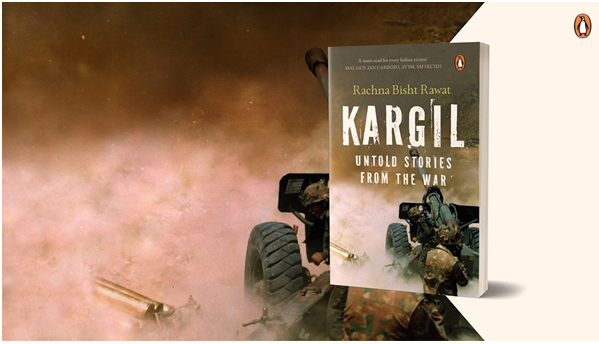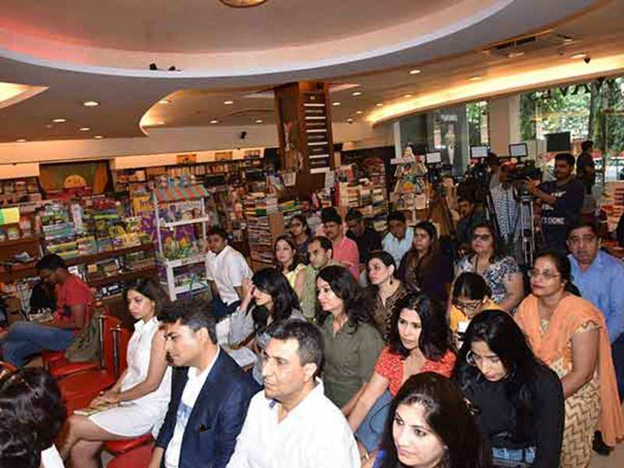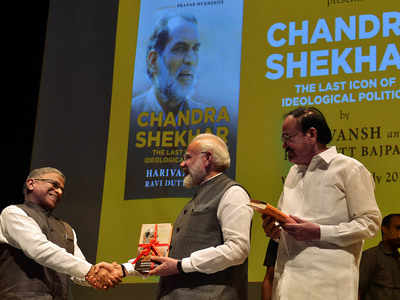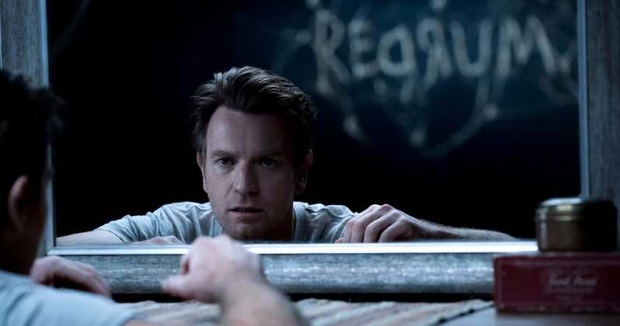The store is run by two passionate bookwomen whose lives revolve around curious browsers, eccentric book collectors, private-press printers and the occasional thrill of unexpected discoveries of the antiquarian kind. The famous owner of The Mysterious Bookshop (New York), Otto Penzler, once noted “If you go to the dictionary or hit your computer’s spell-check, you will discover that there is no listing for the word bibliomystery….
Nonetheless, bibliophiles who also are mystery fiction aficionados certainly know what the word means…It’s pretty clear if the crime involves rare books, or…if much of the action is set in a bookshop or a library, it is a bibliomystery, just as it is if a major character is a bookseller or librarian.’ Bibliomysteries as a sub-genre within detective and crime fiction date back to the 19th century. Scrope, Or The Lost Library by Frederic Perkins in 1874 is often cited as one of the earliest titles in the genre.
Modern readers started noticing bibliomysteries only after the success of John Dunning’s Booked to Die in 1992 featuring Cliff Janeway, an ex-cop turned book collector who solves crimes around expensive modern first editions. As more titles in the Janeway series emerged successfully, other mystery writers tried their hand at this genre.
Bibliomysteries can be broadly classified into Vintage or Classic (from the 1890s to the 1950’s), Modern (1960s to 1990s) and Contemporary (2000 to the present). The conventional bibliomystery is a series featuring a professional or amateur detective who investigates crimes related to books; Kate Carlisle’s Bibliophile series is a good example. Another, more complex kind is a one-off novel with books, libraries or manuscripts playing a central role in the plot. This is often a deeply researched work usually set in the past or the future.
You could say that this second type was initiated by Umberto Eco’s The Name of the Rose, followed by other ‘biblio-fables’ or ‘biblio-novels’: Codex by Lev Grossman, The Rule of Four by Caldwell and Thomason, The Shadow of the Wind by Zafon, The Club Dumas by Perez-Reverte, The Dante Club by Mathew Pearl, The Nijmegen Proof by Freeman, Knock or Ring by Nelson, and Mr. Penumbra’s 24 Hour Bookstore, to name only a handful. They do not strictly conform to the tropes of the genre, as the conventional type does. Fans of Eco’s ground breaking book badly wanted him to do a sequel but he refused to oblige them.
Some noteworthy Vintage bibliomystery titles published in the first half of the 20th century are Murder in a Bookshop by Carolyn Wells, Fast Company by Marco Page, The Gutenberg Murders by Bristow and Manning, The Unpublishable Memoirs by Rosenbach, and The Colfax Bookplate by Miller. If you are new to this genre, a good place to start would be Bibliomysteries edited by Otto Penzler.
Bradford Morrow’s trilogy is worth exploring: The Forger, The Forgers Daughter and his final (to be published) book pays homage to three towering figures of mystery and suspense fiction – Arthur Conan Doyle, Edgar Allen Poe and Agatha Christie. And finally, The Letter Killeth by Betty Rosenberg includes three essays that I found very entertaining. For bookworms hungry for a deep dive into the book universe, there’s nothing more satisfying than a bibliomystery! The author is a technologist based in Silicon Valley who is gently mad about books.
Frontlist | Diving into bibliomysteries even though not a big fan of mystery
Frontlist | Diving into bibliomysteries even though not a big fan of mysteryon Jan 22, 2021

I am neither a fan of mystery novels nor of fiction, but I do make an exception when it comes to the bibliomystery, a genre introduced to me by my author friend Pradeep Sebastian.
I am neither a fan of mystery novels nor of fiction, but I do make an exception when it comes to the bibliomystery, a genre introduced to me by my author friend Pradeep Sebastian. Pradeep’s book The Book Hunters of Katpadi, considered India’s first ever bibliomystery, revolves around a one-of-a-kind store of rare books in Chennai named Biblio, which specialises in modern Indian first editions.
Bibliomystery
Frontlist Article
Frontlist Book News
Frontlist Novels
Indian authors
New Book Launch News Frontlist
New Novels News Frontlist
Pradeep Sebastian



.jpg)






.jpg)

.jpg)
.jpg)
.jpg)
.jpg)
.jpg)










Sorry! No comment found for this post.